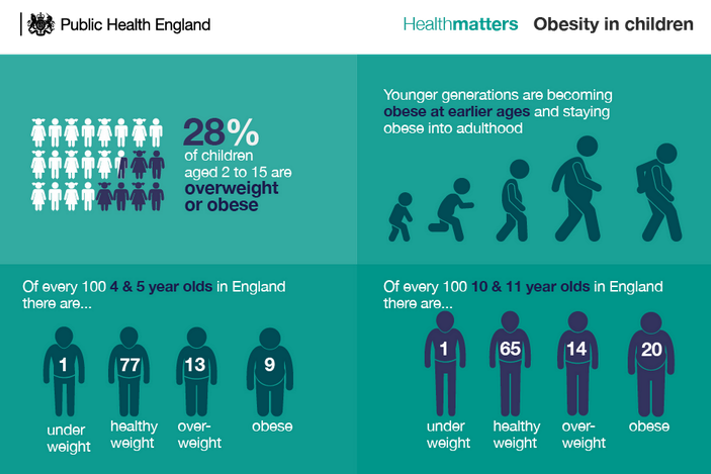Health Education England has worked in partnership with Public Health England to transfer the NHS Screening Programmes’ e-learning modules on to the e-Learning for Healthcare (e-LfH) online platform.
There are 11 NHS Screening Programmes in England. These programmes are commissioned and managed based on the recommendations provided by UK National Screening Committee.
Screening is a way of identifying people who are at higher risk of a health problem, so that treatment can be offered or information given to help them make personalised informed decisions about their care.
Healthcare professionals use e-learning as part of their training and continuing professional development and the new platform allows them to have all their NHS e-learning training in one place.
The e-learning, which was previously available on the CPD Screening website, is regularly updated to reflect national standards.
This e-learning offers comprehensive training for healthcare professionals who offer screening to:
- pregnant women
- newborn babies
- adults (abdominal aortic aneurysm).
It does not currently include e-learning for Cancer Screening or Diabetic Eye Screening, but will in future.




